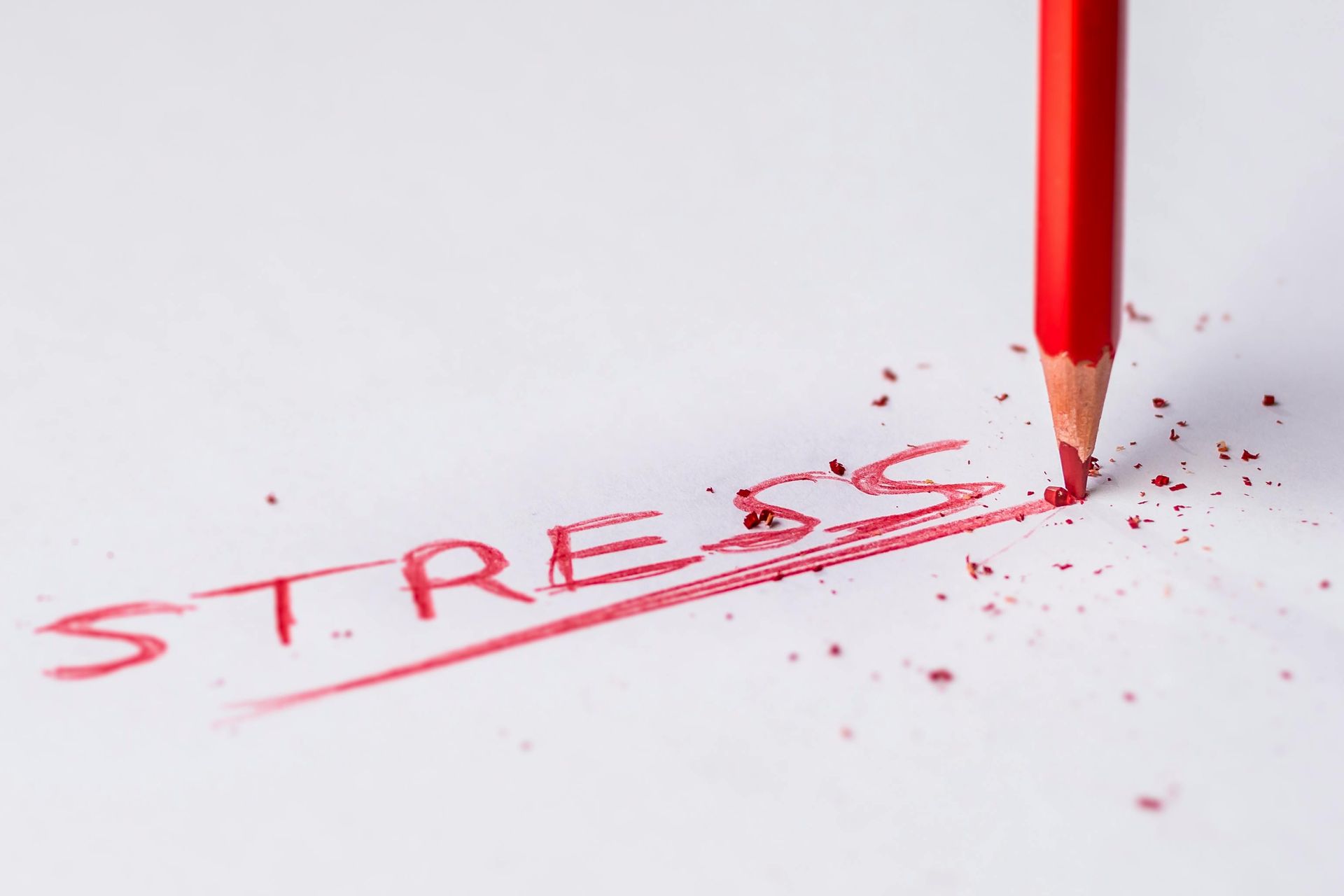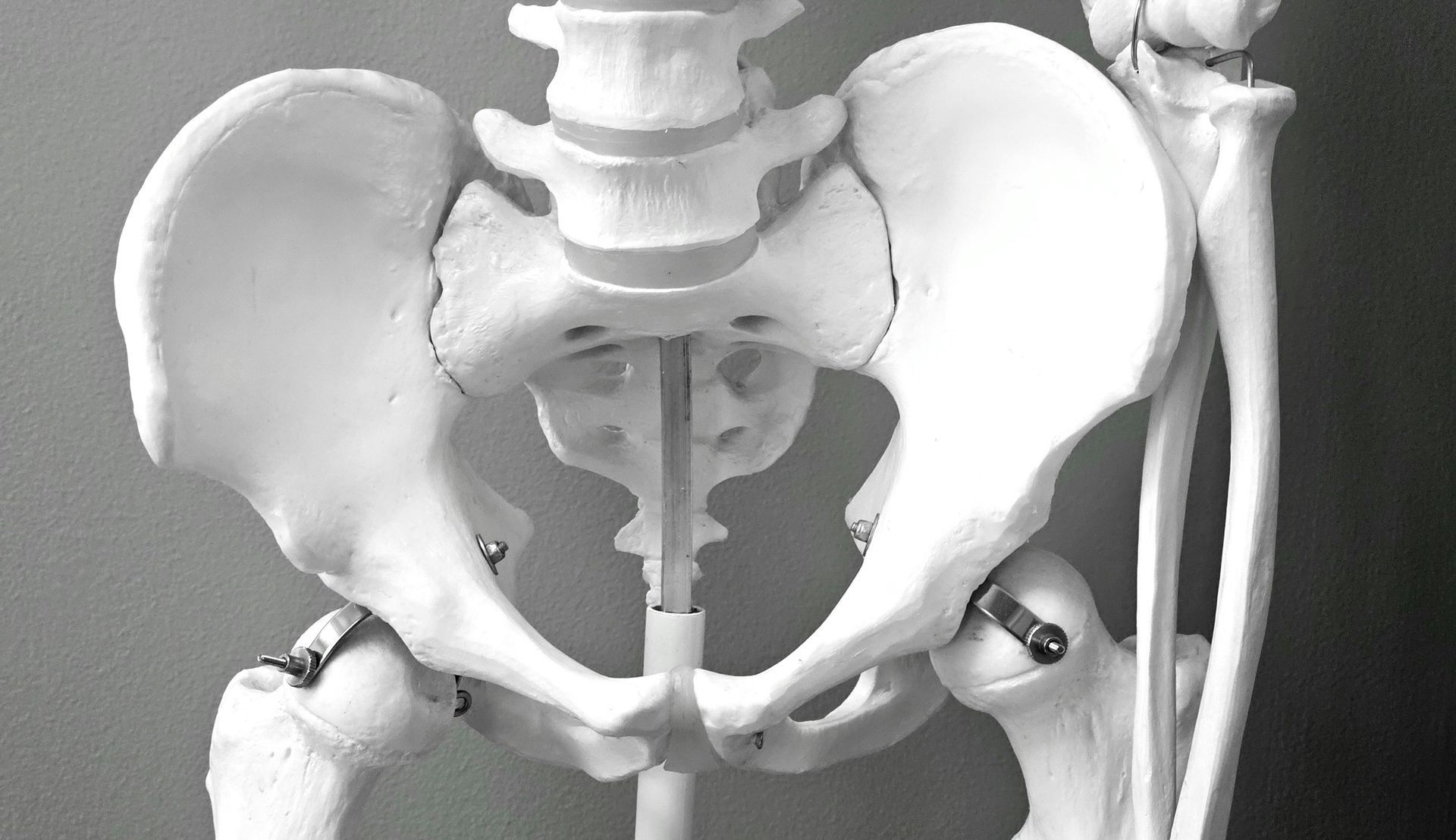Birth Trauma and Perimenopause/Menopause
When I first began working in menopause and perimenopause care, I expected to see the usual symptoms hot flushes, sleep disruption, low mood, maybe a bit of brain fog.
But I didn’t expect to keep hearing this:
“This feels familiar.”
“It’s like giving birth all over again.”
“Everything came flooding back.”
At first, I assumed they meant hormones - the emotional ups and downs, the unpredictability. But as I listened more closely, I realised what was returning wasn’t just biochemical. It was experiential. It was internalised. It was unresolved.
For some, it was clearly connected to a traumatic birth. For others, there was no dramatic story just a quiet, haunting familiarity, a discomfort that didn’t have language. Some could name the emotions. Others simply described symptoms that felt out of place or just "too much”
Alongside the psychological challenges came physical ones too, not just the “expected” ones like pain with sex or fatigue, but things like pelvic heaviness, bladder urgency, constipation, leaking, and shame..
Many of these symptoms were showing up in people who had never been offered pelvic health support. And they weren’t just about weakened muscles they were about what the body had been holding onto for years.
Some people were now “used to holding it all together,” always in control. Others realised they had been clenching, literally, against old pain, fear, or tension. And their pelvic floor had never truly relaxed since.
Why Is No One Talking About This?
I started looking for research that connected birth trauma with perimenopausal symptoms, and especially pelvic health changes.
But honestly? There’s not much out there.
However, we know that:
• Birth trauma increases the risk of PTSD, anxiety, and hormonal disruption
• Perimenopausal depression is common, and often goes undiagnosed
• Pelvic floor dysfunction is widespread, under-treated and impacts all systems of the body. The pelvis is literally the body’s centre after all.
But no one’s really asking:
💭 Could old trauma — especially birth trauma — explain why some people don’t feel better with HRT alone? (For those who know me, I’m always saying HRT isn’t lollies… it isn’t one size first all )
Because here’s the thing:
Hormones don’t just cause new symptoms.
They often uncover what was already there.
The Body Keeps the Score
If you’re going through perimenopause and finding that unexpected emotions, physical pain, or distressing memories are surfacing you’re not imagining it. Your body may be remembering things your mind didn’t have space to process at the time.
This doesn’t mean something is “wrong” with you. It means your body is wise.
It has protected you for a long time. And now, it may be asking for a different kind of care.
You don’t need to relive the past.
You don’t have to explain everything.
And healing doesn’t have to be loud.
But you are allowed to be supported — gently, respectfully, and with curiosity.
What Might Help?
• Pelvic health physio — especially if you’ve had birth trauma, prolapse, or pelvic pain
• Trauma-informed care — clinicians who understand that your body tells a story
• Nervous system support — breathing, grounding, movement, connection
• HRT or hormonal treatment, if needed — alongside emotional and physical care
• Permission to feel what’s surfacing, even if you don’t have the words yet
You’re Not Alone
This season of life can bring up more than we expect. But it’s also an opportunity - to listen, to soften, and to be witnessed in ways that may not have happened before.
So if things feel heavy, or tangled, or unfamiliar - that doesn’t mean you’re broken.
It may just mean your body is ready to be seen.
And that is the start of healing.







